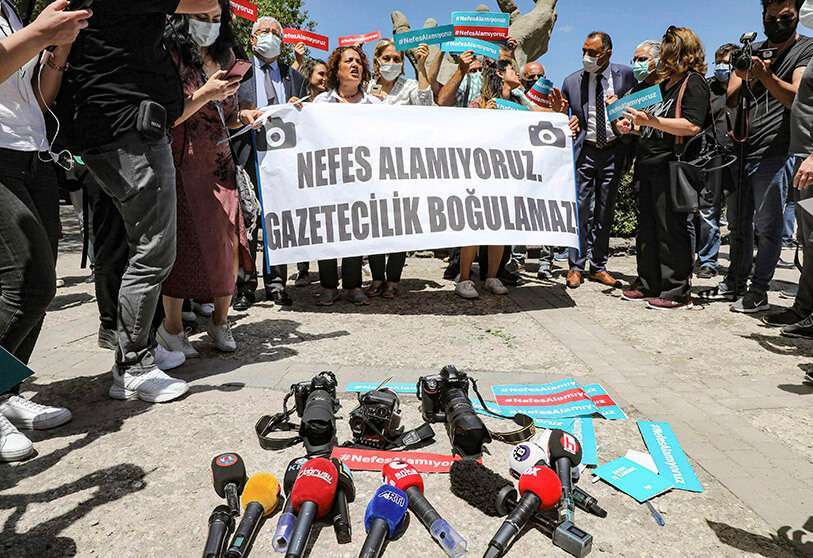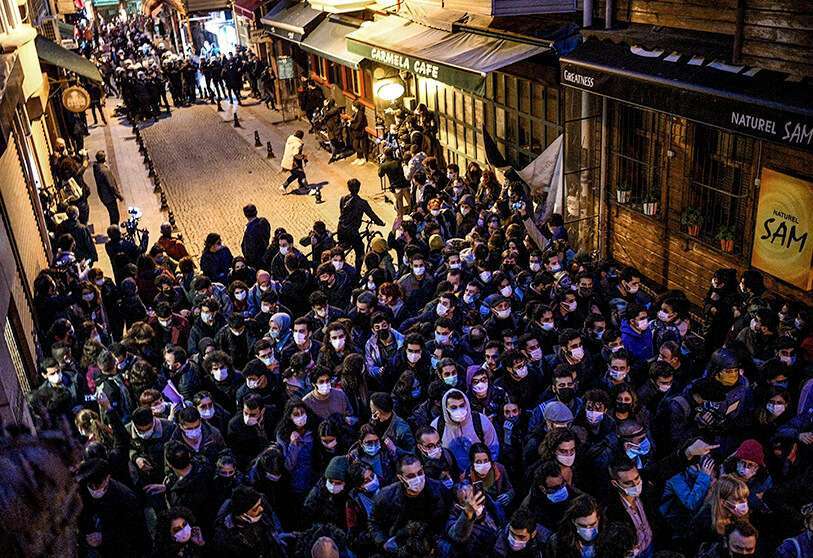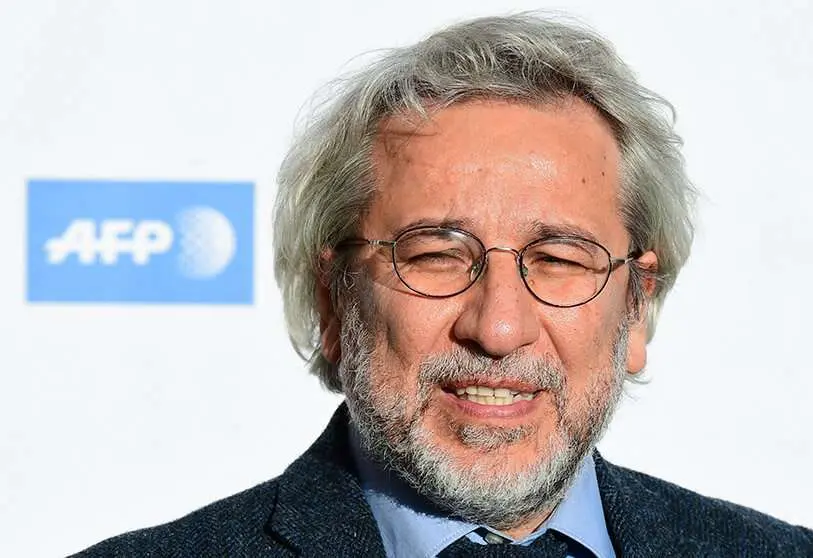Censorship could very well be the word that defines Recep Tayyip Erdogan's government. There are many others that could also do so, but none that has left such a mark on Ottoman society in these more than seven years at the helm of the government. The arrest of journalists bans on publishing articles and books, and the passing of laws that directly attack freedom of expression have been a constant since Erdogan took office in Ankara. However, society, exemplified now by journalist Can Dundar, has not stood idly by and sought ways to circumvent the Turkish government's control.

Dundar has announced the establishment of a publishing house in Germany to print those books whose production and circulation is banned on Turkish territory. The journalist announced this initiative in an interview with the opposition media Cumhuriyet on Wednesday. He claimed that "many journalists do not find the opportunity to write and express themselves due to the increasing pressures (in Turkey) in recent years, and publications are confiscated and eliminated". He adds that "the publishing house in exile will serve as a refuge for writers and help them to publish their books without being banned", giving a voice to all those who are deprived of it in the Turkish country.
The Turkish Ministry of Education itself noted in a statement that "since 2016 (...) more than 300,000 books have been confiscated and destroyed", including some containing the word "Pennsylvania", where the cleric Fethullah Gulen, accused of being behind the coup against President Erdogan five years ago, went into exile. Attempts to prevent society from receiving information not supervised by the executive are ongoing. So too are the sentencing of journalists who oppose the regime and who show - or at least try to show - the reality behind Ankara's decisions in territories such as Syria.

Can Dundar is one of those who was forced to leave his country and flee to Germany because of government persecution. The journalist was sentenced to 27 years in prison for the publication of a video in which he explained the network linking Turkish intelligence with terrorist organisations for operations on Syrian territory. The video, published by the same opposition media outlet that now serves as Dundar's mouthpiece and of which he was editor-in-chief before being forced to leave Turkey, included information about Turkish intelligence sending arms shipments to various terrorist organisations in Syria, including ISIS.
The new publishing house created by Can Dundar may mark a turning point in terms of censorship in Turkey. Many of those who are currently unable to express what they think will now have a vehicle that will make it possible to publish and disseminate ideas that would never see the light of day within the borders of the country led by Recep Tayyip Erdogan. Nevertheless, the president continues his efforts to maintain tight control over the information that reaches society, the latest example of which is the law on the control of social networks.

"Combating disinformation is as important as combating terrorism", is what they use to defend the new attack on freedom of expression that has already generated the first protests, even without knowing the exact measures that will be adopted. The new law will make disinformation a crime and includes penalties of up to five years for the dissemination of false news through social networks. Despite Erdogan's assurances that "Turkey is incomparably free", the Turkish Journalists' Association was quick to disagree, believing that anyone who criticises the government or any of its decisions is seen as "an enemy".












